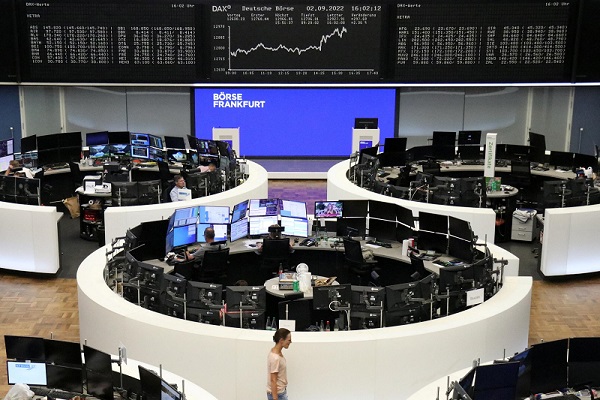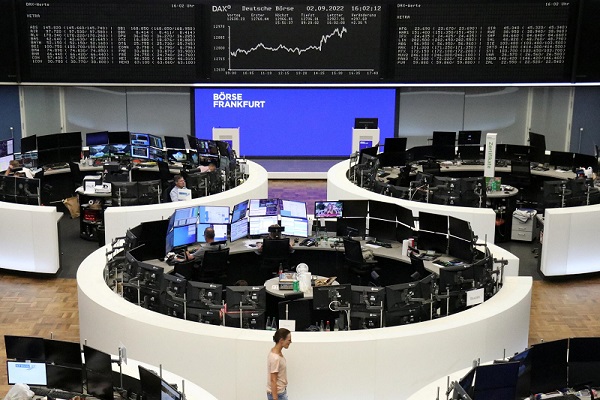
Investing.com — Deregulation underpins the agenda of President-elect Trump’s second term in the US and has boosted US equity markets since the election.
According to Jefferies strategists, this has increased pressure on the European Commission (EC) to improve the competitiveness of the region by improving the workability of Europe’s rules-based governance.
One of the questions emerging from this is whether DOGE—referring to deregulation of governance and economic frameworks—might make its way to Europe.
While “deregulation” has been a cornerstone of the US policy shift, the EU is treading a different path. As Jefferies’ note puts it, “Deregulation is not a term that EU policymakers favor.” Instead, Brussels is pursuing what they call “simplification,” aimed at cutting through legislative complexity rather than dismantling regulations entirely.
“EU efforts to streamline, not deregulate, should be tracked by investors,” strategists led by Luke Sussams said in the note. ”The Commission has already stated that it will simplify existing rules to strike a new balance between “green” measures and short-term economic growth.”
The Draghi report on European competitiveness offers context, revealing that between 2019 and 2024, approximately 3,500 pieces of legislation and 2,000 resolutions were enacted at the US federal level. By contrast, the EU passed around 13,000 acts over the same period. This legislative load adds urgency to efforts to streamline governance, with simplification seen as a necessary counterweight to ensure competitiveness.
Valdis Dombrovskis has been appointed as the Commissioner for Implementation and Simplification, signaling the EU’s intent to address this regulatory weight. His mandate includes reducing company reporting requirements by at least 25%, with small and medium-sized enterprises (SMEs) potentially seeing a reduction of 35%.
“The first 100 days of the new Commission will arguably be the most helpful to investors,” Jefferies notes, pointing to the importance of each Commissioner’s initial roadmap.
In its report, Jefferies highlights key tools for investors tracking regulatory simplification.
The OECD Product Market Regulation indicators and the World Bank’s Doing Business database offer valuable insights into administrative burdens and ease of doing business. Moreover, the European Investment Bank’s Annual Investment Surveys consistently highlight regulation as a major barrier, with 61% of companies citing it as an obstacle to long-term investment.
According to Jefferies, a key concern is whether simplification might affect the EU’s sustainable finance framework. Regulations such as the Corporate SustainabilityReporting Directive (CSRD), the EU Taxonomy, and the Sustainable Finance Disclosure Regulation (SFDR) impose substantial costs on businesses.
The note cites compliance costs with the CSRD ranging from €150,000 for non-listed firms to over €1 million for listed entities. Ursula von der Leyen recently acknowledged this challenge in a recent press conference, announcing that the Commission is examining ways to consolidate these regulations into a single framework aimed at “reducing redundancies” without altering their core principles.
While not as aggressive as US deregulation, EU simplification efforts could still impact competitiveness. Jefferies notes that investors should keep an eye on the 2025 Annual Work Programme, set for release on February 11, for more clarity.

